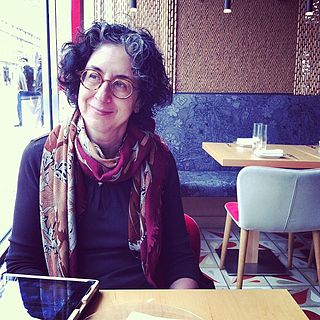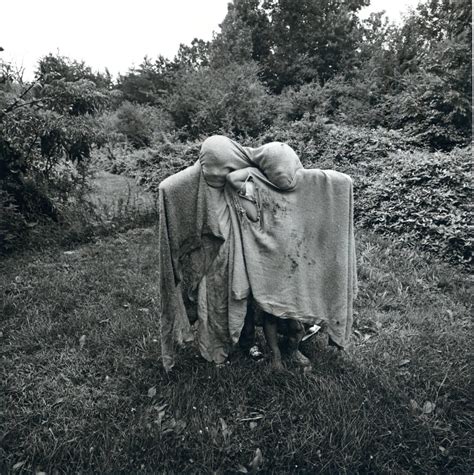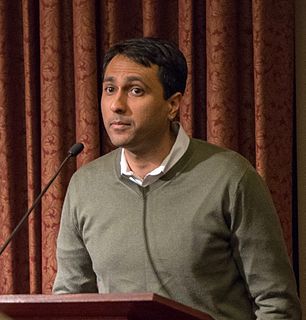A Quote by Lloyd Alexander
Dealing with the impossible, fantasy can show us what may be really possible. If there is grief, there is the possibility of consolation; if hurt, the possibility of healing; and above all, the curative power of hope. If fantasy speaks to us as we are, it also speaks to us as we might be
Related Quotes
Books may not change our suffering, books may not protect us from evil, books may not tell us what is good or what is beautiful, and they will certainly not shield us from the common fate of the grave. But books grant us myriad possibilities: the possibility of change, the possibility of illumination.
Here’s what I know about the realm of possibility— it is always expanding, it is never what you think it is. Everything around us was once deemed impossible. From the airplane overhead to the phones in our pockets to the choir girl putting her arm around the metalhead. As hard as it is for us to see sometimes, we all exist within the realm of possibility. Most of the limits are of our own world’s devising. And yet, every day we each do so many things that were once impossible to us.
When the New Testament speaks about the fullness of grace which we find in Christ, it does not mean only forgiveness, pardon and justification. Christ has done much more for us. He died for us, but he also lived for us. Now he has sent his own Spirit to us so that we might draw on his strength. He grew in grace, and when we draw on his power we shall likewise grow in grace.
At least to look back over their own lives, as I have looked back over mine, for certain themes and patterns and signals that are so easy to miss when you're caught up in the process of living them. If God speaks to us at all other than through such official channels as the Bible and the church, then I think he speaks to us largely through what happens to us, so listen to what has happened to you-for the sound, above all else, of his voice.
Current cant equates fantasy with escapism, and current fashion would have it that fantasy is both easy to read and to write. It isn't. When it is done honestly, by a skillful writer, fantasy takes us far enough beyond our daily perceptions to open us to the essential realities beneath it. This is the true goal of all art.
It might take us a lifetime to find out what it is we need to say. Most of us fall into where our feelings are headed while we're quite young. But the beauty of all this uncertainty would be that in the process of exhausting all the possibilities, we might actually stumble unconsciously into the recognition of something that's useful to us, that speaks to a deep need within ourselves. At the same time, I like to think that in order for any of us to really do anything new, we can't know exactly what it is we are doing.
We wanted to make a show that not only highlights the adventure of hunting, but also the fantastic culinary opportunities that a successful hunt can bring. It's great to have those efforts validated with a Beard nomination, and it speaks to the dedication of everyone on the MeatEater team. This honor makes us even more motivated to keep hammering out a solid, authentic hunting show that speaks to a variety of audiences.
Fantasy is escapism, but wait... Why is this wrong? What are you escaping from, and where are you escaping to? Is the story opening windows or slamming doors? The British author G.K. Chesterton summarized the role of fantasy very well. He said its purpose was to take the everyday, commonplace world and lift it up and turn it around and show it to us from a different perspective, so that once again we see it for the first time and realize how marvelous it is. Fantasy - the ability to envisage the world in many different ways - is one of the skills that make us human.
There is however difference between the theology of liberation and traditional theology, the latter being based primarily On the Word of God made incarnate in the Holy Scripture Liberation theology is of course also inspired by the Word, but its representatives are convinced that God also speaks to us in everyday events and that, for example, information obtained through the mass media can be a special way in which God speaks to us.
Sometimes people hurt us unintentionally. We may view that they've hurt us intentionally and want revenge. But sometimes when we really look back again, we can see that they weren't intentional in trying to hurt us. That's when we need to confess our judgment of them and forgive them for their unintentional hurts committed against us.






































